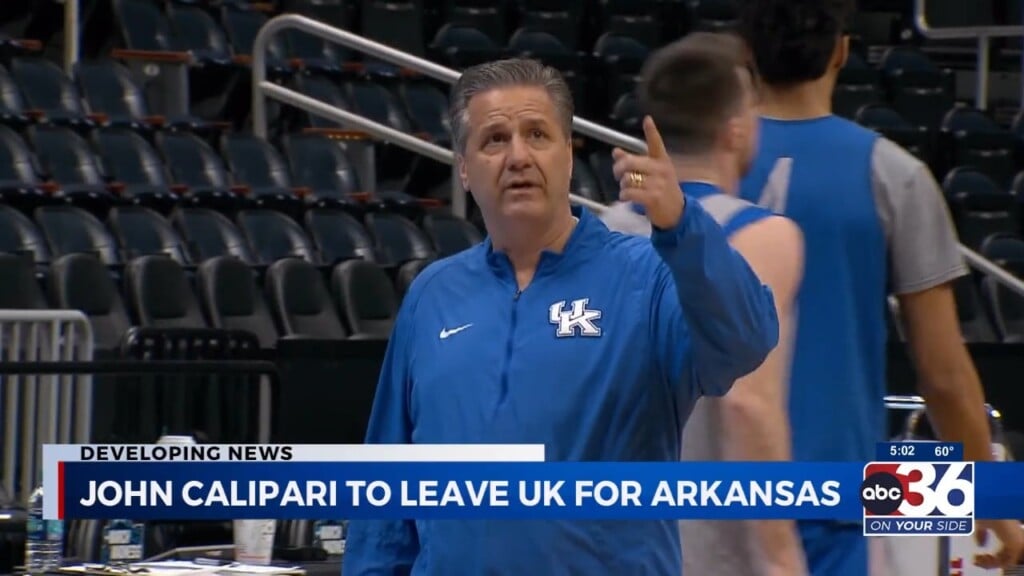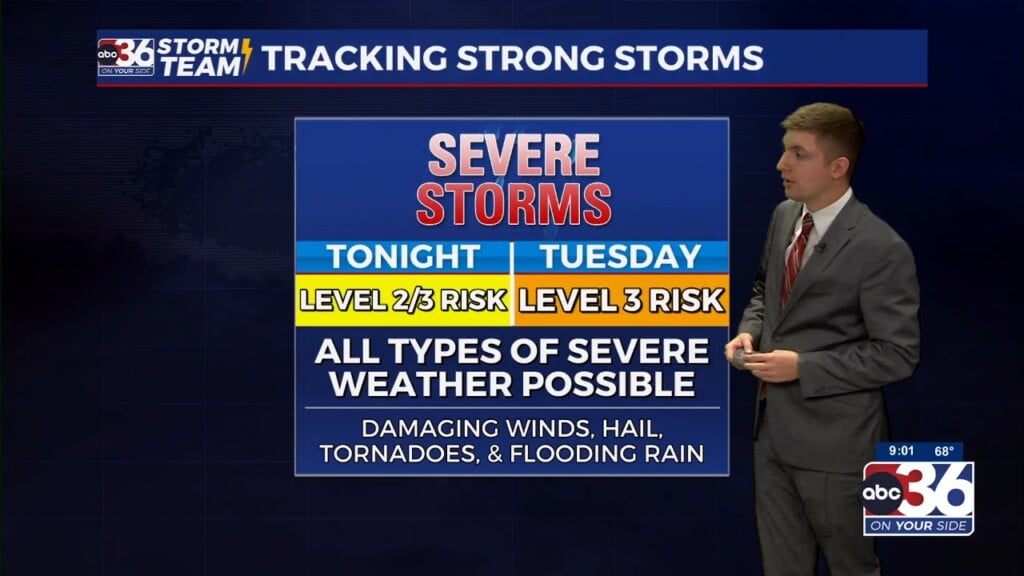Not just police, all first responders need help, support, lawmakers told
FRANKFORT, Ky. (WTVQ) – It’s not just police who need support and help, state lawmakers were told Wednesday.
First responders, from paid and volunteer firefighters to paramedics and state troopers, outlined problems facing their groups coming out of the pandemic and things the Legislature could do to help.
One big issue that’s often overlooked, they said, is the stress first responders have faced during the pandemic era for the last 16 months.
That mental health issue often is overlooked. A common theme among all agencies was the need for incentives, increased pay and public support.
“And – and I’m supportive of all of our first responders and I thank you for coming today and being a voice for them, cause you’re right they don’t have too many people that’s speaking on their behalf,” said state Rep. Bill Wesley, a Republican from Ravenna who represents the 91st District..
“We always had an adage, ‘We do more with less.’ That’s what was always expected of us at KSP. But folks, they can’t do any more. We have cut them to the bone,” echoed state Rep. John Blanton, a Salyersville Republican who represents the 92nd District.
Groups representing police, firefighters and troopers also discussed work shortages, struggles to recruit and retain and social justice issues. The testimony came before the Interim Joint Committee on Veterans, Military Affairs and Public Protection.
“Our EMS agencies have struggled with a multitude of challenges,” said Michael Poynter, executive director of the Kentucky Board of Emergency Medical Services.
Poynter rattled off the challenges. They include employees unable to work due to quarantine, shortages of personal protective equipment and the additional costs of it all.
Many of the challenges were echoed by representatives for firefighters, the Kentucky Fraternal Order of Police and Kentucky State Police – all of whom testified at the meeting.
Poynter said 1,714 EMS workers in Kentucky had to quarantine or isolate at some point during the pandemic. Financial challenges also plague EMS – particularly in rural areas, he said.
“The federal government should review the cost of the emergent, urgent and preventive care provided by EMS and include reimbursement for treatment in place, transport to alternate designations, telemedicine facilitation and community paramedicine,” he said.
John Beatsch, president of the Kentucky Firefighters Association, testified that COVID-19 caused more than financial difficulties for first responders. He said it caused an emotional hardship.
“Volunteers stop wanting to make runs,” he said. “They felt like it was too dangerous. Many volunteers left their fire departments because of the situation. They just didn’t want to have to deal with it. They didn’t want to take the possibility of being quarantined and having to lose work from their actual job.”
Sen. Stephen Meredith, R-Leitchfield, asked what lawmakers could do to assist in the recruitment and retention of firefighters. Beatsch said more money for recruitment would help.
Rep. Ashley Tackett Laferty, D-Martin, said she had previously filed bills that would have given a $1,000 tax credit to volunteer firefighters who are state certified. Beatsch said that would be a big help in recruitment and retention.
“Currently, I don’t think there is very much of any reward for being a volunteer firefighter other than the personal reward of helping your community,” Beatsch said. He added the only recognition volunteers get now is a firefighter’s license plate that costs more money than a regular plate.
Sen. Robby Mills, R-Henderson, said he supports the tax credit.
Rep. Mark Hart, R-Falmouth, said he would like to see state funding for personal protective equipment. “Without that, firefighters can’t even do the job they are willing to volunteer to do,” said Hart, a former professional firefighter.
Blanton said he would like to change a state regulation that prohibits convicted felons from becoming members of volunteer fire departments.
“I understand the reason behind that,” said Blanton, a retired state trooper. “But I’m also a believer of second chances. Every felony is different. Some people actually do reform.”
He said local volunteer fire departments should be allowed to make those decisions on an individual basis.
Kentucky State Police Commissioner Col. Phillip Burnett Jr. testified recruiting and retention is also a problem for his agency. He said there were 1,009 troopers in 2006. Today, the number stands at about 740.
“The key to that is significant pay raises to be competitive with other agencies throughout Kentucky,” Burnett said in reference to increasing retention rates. “The thing that is really discouraging is that we are averaging about 5.8 resignations a month since Jan. 1 of this year.”
Ryan Straw, government affairs director of the Kentucky Fraternal Order of Police, testified that as of Tuesday, 901 law enforcement personnel in Kentucky have been exposed to COVID-19. Six have died.
“Clearly, COVID has not spared law enforcement,” Straw said. “Given the new Delta variant, we know there is a good chance law enforcement officers will join the public in increased cases amongst our ranks.”




Leave a Reply